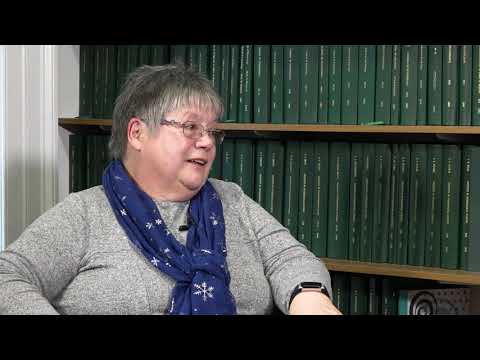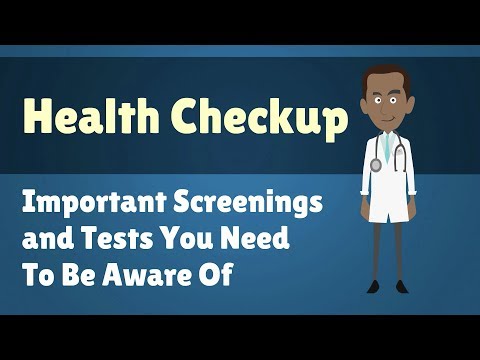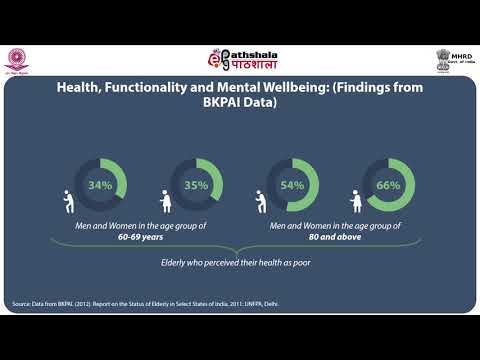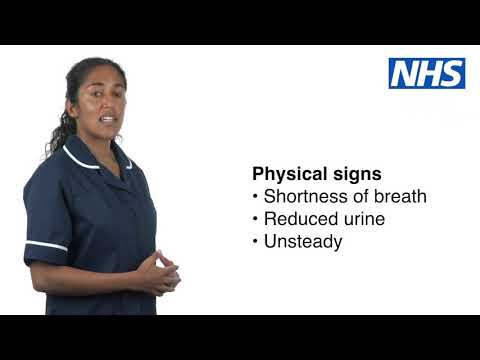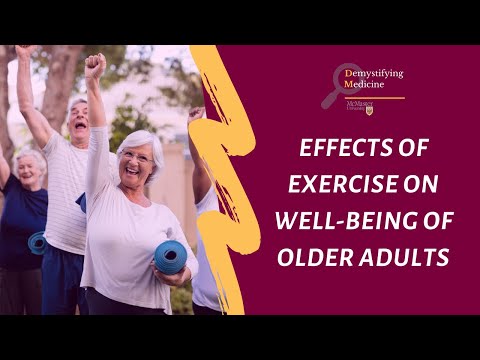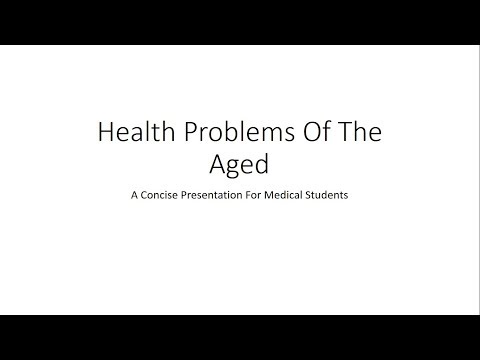Barriers to Health Care Access Among the Elderly
Contents
There are a number of barriers to health care access among the elderly population. These include financial barriers, transportation barriers, and lack of knowledge about available resources. Additionally, many older adults are reluctant to seek out care due to Pride or fear of being a burden on others.
Fortunately, there are ways to overcome these barriers and get the care you need. Here, we’ll explore some of the resources available to help make health care more accessible for seniors.
Checkout this video:
Lack of transportation
One of the main barriers to health care access among the elderly is lack of transportation. According to a report by the National Conference of State Legislatures, “transportation is consistently identified as one of the top three unmet needs of elders.”
There are a number of reasons why lack of transportation can be a barrier to health care access. First, many elderly adults do not have access to a car. Second, even if they do have a car, they may not be able to drive due to physical or cognitive limitations. Finally, public transportation options may be limited in rural areas or areas with large numbers of seniors.
Lack of transportation can lead to a number of negative health outcomes for older adults. For example, they may be less likely to get preventive care or screenings for early detection of disease. They may also have difficulty accessing specialty care or getting to follow-up appointments. In addition, lack of transportation can lead to social isolation and decreased levels of physical activity.
There are a number of ways to address the issue of lack of transportation among the elderly. One option is to provide community-based transportation options such as volunteer driver programs or senior ride-sharing programs. Another option is to improve public transportation options in areas with large numbers of seniors. Finally, some states offer programs that provide free or reduced-fare transportation for seniors and adults with disabilities.
Lack of awareness
Elderly people are often unaware of the health care resources available to them, which can lead to difficulty accessing care. A lack of awareness may be due to a variety of factors, including a lack of knowledge about the health care system, cultural beliefs, or language barriers.In addition, the elderly may be reluctant to seek help from a health care professional due to pride or embarrassment.
Lack of insurance
One of the biggest barriers to health care access among the elderly is lack of insurance. According to a report by the Kaiser Family Foundation, 26 percent of adults aged 65 and over are uninsured. This means that nearly one in four older adults do not have health insurance coverage.
The reasons for this are varied, but a major factor is that many older adults simply cannot afford to pay for health insurance The cost of private health insurance has been rising steadily in recent years, and is now out of reach for many people. In addition, many employers do not offer health insurance benefits to retirees, leaving them to fend for themselves when it comes to finding coverage.
Another factor that contributes to lack of health care access among the elderly is Medicare restriction. Medicare is the federal health insurance program for people aged 65 and over, but it does not cover all medical expenses. In particular, it does not cover long-term care or dental care. This can leave older adults without vital health care services that they need.
Finally, another barrier to health care access among the elderly is transportation. Many older adults do not have access to a car, and public transportation can be difficult to use if you have mobility issues. This can make it hard to get to doctor’s appointments or even the pharmacy.
Lack of affordable care
A recent study found that nearly a quarter of all Americans aged 65 and over have difficulty paying for health care. This is especially true for those who are on a fixed income, such as Social Security. The cost of health care is a major barrier to accessing care, especially for the elderly.
The study found that 24 percent of seniors had difficulty paying for health care in the past year. This includes difficulty paying for doctor visits, prescription drugs, and other medical services. The number of seniors with health insurance has increased in recent years, but the cost of premiums and deductibles has also risen. This makes it difficult for many seniors to afford the care they need.
There are a number of programs that can help seniors pay for health care, but these programs are not always easy to access or understand. Many seniors are not aware of these programs or do not know how to apply for them. As a result, they may forego necessary medical care or end up with large medical bills that they cannot afford.
Lack of providers
One of the primary barriers to health care access among the elderly is a lack of providers. In many areas, there are simply not enough doctors, nurses, and other health care professionals to meet the needs of the aging population. This shortage is compounded by the fact that many health care providers do not accept Medicare or Medicaid, which leaves elderly patients with even fewer options.
In addition to a lack of providers, another barrier to health care access among the elderly is cost. Many seniors live on fixed incomes and cannot afford to pay for private health insurance or out-of-pocket medical expenses. This can make it difficult for them to get the care they need, when they need it.
Finally, another significant barrier to health care access among the elderly is transportation. Many older adults do not have access to reliable transportation, which can make it difficult for them to get to and from doctor’s appointments and other medical appointments.
Lack of culturally competent care
The elderly are one of the most vulnerable populations when it comes to access to healthcare. They are more likely to have chronic conditions that require ongoing care, and they are often on fixed incomes that make paying for care difficult. In addition, the elderly often face barriers to care due to a lack of culturally competent providers.
Culturally competent care is defined as “care that is respectful of and responsive to the cultural and linguistic needs of patients.” It is important for providers to be aware of the cultural beliefs and values of their elderly patients in order to provide them with the best possible care. Unfortunately, many providers are not properly trained in how to provide culturally competent care, which can lead to senior citizens feeling lost and misunderstood when trying to navigate the healthcare system.
There are a number of ways in which the healthcare system can become more culturally competent and responsive to the needs of seniors. One way is for provider organizations to make an effort to hire a more diverse workforce that includes individuals from different cultural backgrounds. Another way is for provider organizations to offer training on how to provide culturally competent care. And finally, it is important for payers (e.g., Medicare, Medicaid) and policy-makers (e.g., Congress) to recognize the importance of culturally competent care and work towards ensuring that all seniors have access to this type of care.
Language barriers
One of the primary barriers to health care access among the elderly is language. According to a report by the National Institute on Aging, 20 percent of seniors aged 65 and older speak a language other than English at home, and 8 percent do not speak English well. This can pose a serious problem when trying to communicate with doctors, nurses, and other medical staff. Many elderly people are not able to effectively communicate their symptoms or medical history, which can lead to misdiagnoses or delays in treatment. Additionally, language barriers can make it difficult for the elderly to understand instructions for taking medication or following medical advice.
Other common barriers to health care access among the elderly include transportation difficulties, financial problems, and a lack of knowledge about available services. Transportation difficulties can make it difficult for seniors to get to doctor appointments or the pharmacy. Financial problems can prevent seniors from being able to afford medications or pay for medical procedures. And a lack of knowledge about available services can make it difficult for seniors to know where to go for help or what resources are available to them.
Ageism
Ageism, or prejudice and discrimination against people based on their age, is a major barrier to health care access among the elderly. Ageism can take many forms, from doctors assuming that older patients are not as healthy as younger patients and therefore don’t need as much care, to hospitals and other care facilities refusing to accept older patients because they are not considered profitable. This discrimination can lead to elders not getting the care they need, which can in turn lead to more health problems and a decline in overall health.
Sexism
One of the most significant barriers to health care access among the elderly is sexism. Women of all ages are more likely than men to lack health insurance, and they are also more likely than men to be underinsured.
Elderly women are especially vulnerable to sexism in the health care system. They are less likely than elderly men to have private health insurance, and they are also more likely than elderly men to be on Medicaid. In addition, elderly women are more likely than elderly men to have chronic health problems and to be living in poverty.
All of these factors make it difficult for elderly women to get the health care they need. They often have to choose between getting the care they need and paying for basic needs like food and shelter. As a result, sexism in the health care system is a major contributor to poor health outcomes among the elderly.
Racism
There are a number of reasons why the elderly may have difficulty accessing healthcare, but racism is a significant barrier that is often overlooked. A study by the Kaiser Family Foundation found that nearly one quarter of African Americans aged 65 and over reported difficulty getting healthcare because of their race.
Racism can manifest in a number of ways, from overt discrimination to subtle forms of bias. Elderly people of color may feel like they are treated differently or that their needs are not taken as seriously as those of their white counterparts. They may also have trouble finding providers who understand their cultural needs or who accept their insurance.
The Kaiser study found that African American seniors were more likely than whites to report problems with getting timely appointments, being able to see a specialist, or getting care after hours or on weekends. They were also more likely to say that they had trouble finding a doctor or health care provider who spoke their language.
It’s important to remember that racism is a structural problem, not an individual one. Even well-meaning providers can be part of the problem if they do not take steps to ensure that their elderly patients of color have equal access to care.

